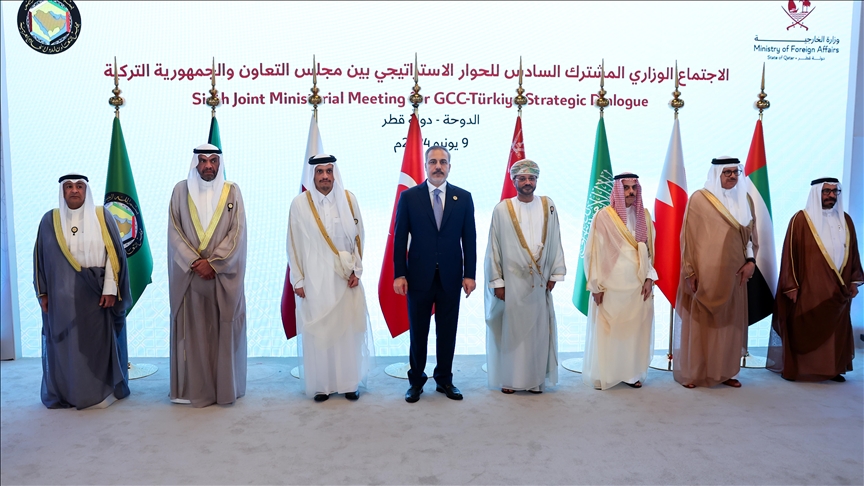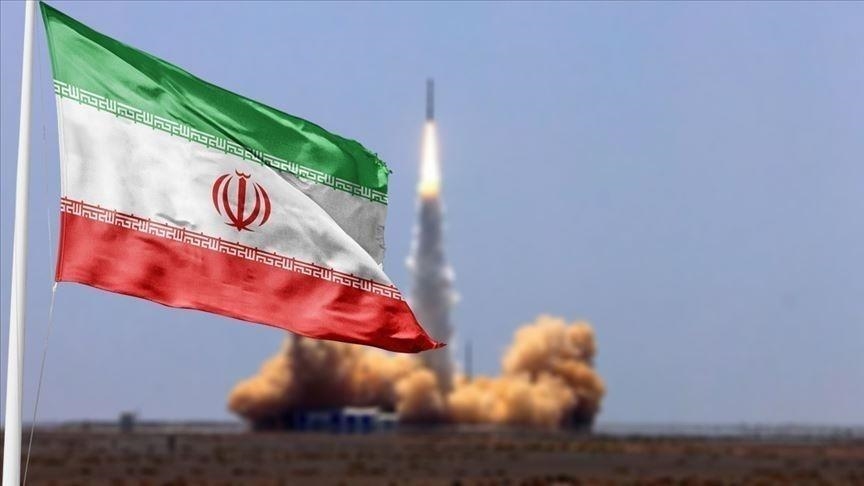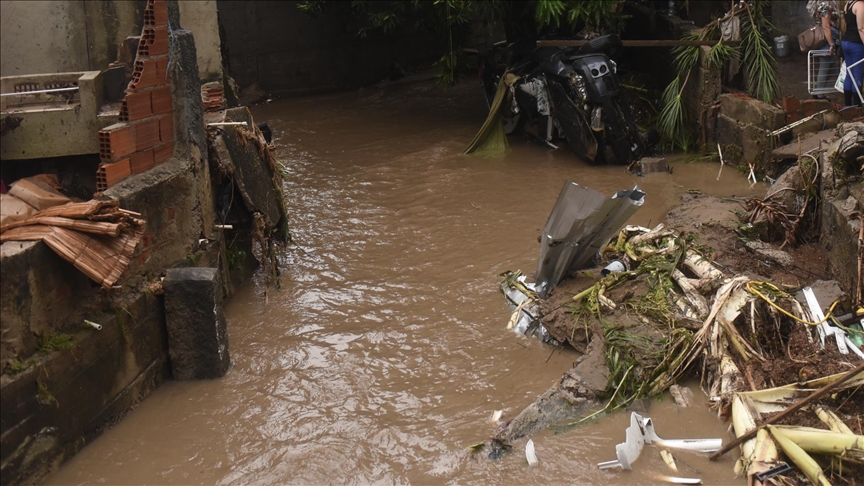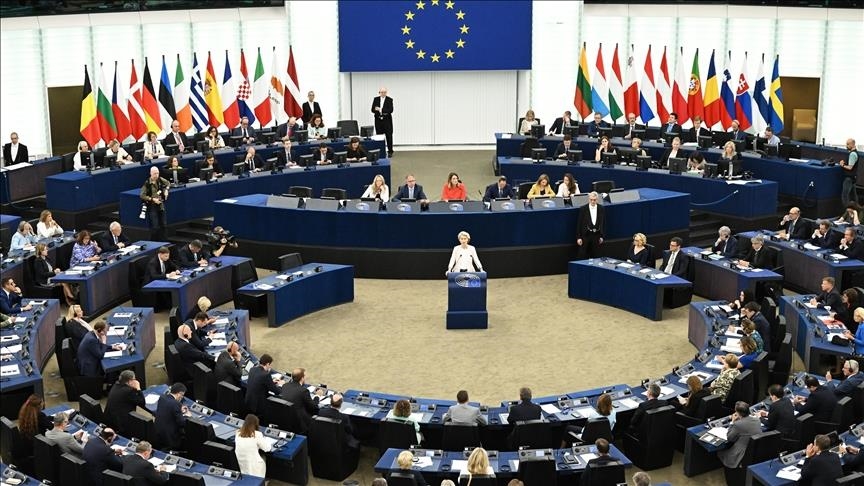Gulf Cooperation Council, Türkiye extend joint action plan to 2029
DOHA, Qatar
The Gulf Cooperation Council (GCC) has said an agreement was reached with Türkiye to extend their joint action plan for cooperation until 2029.
The announcement was made by the secretary-general of the organization, Jasem Mohamed Al Budaiwi, during the sixth ministerial meeting for strategic dialogue between the GCC countries and Türkiye in the Qatari capital Doha with the participation of Turkish Foreign Minister Hakan Fidan on Sunday, according to the official Qatari news agency.
The meeting “provides opportunities for consultation between the two sides on international and regional issues of common interest, working together to enhance the security and stability of the region,” Al Budaiwi said.
He also noted that the meeting allowed “deepening the bridges of cooperation between the GCC and the Republic of Türkiye and expanding their scope. It culminated in agreeing to extend the joint action plan between the two sides to the year 2029.”
The joint action plan was first approved during the third ministerial meeting between the two sides in 2010, covering 2011 and 2012, and has since been developed and extended to strengthen cooperation in various fields.
Al Budaiwi highlighted the important outcomes of the recent Gulf-Turkish summit in December, which brought together GCC leaders with Turkish President Recep Tayyip Erdogan in Doha. These outcomes “contributed to enhancing political, security, and economic coordination,” he said.
Al Budaiwi also noted that the meeting marked the first time the GCC and Türkiye held a joint ministerial meeting since signing a joint statement in March to begin free trade negotiations.
He underscored that this “is an indication of the strength of the deep strategic partnership between the GCC countries and Türkiye and qualitative leap in the strong relation.”
He praised the 2008 memorandum of understanding that established the strategic dialogue based on “historical relations and the common cultural heritage and in response to the desire and firm conviction of the wise leaders from both sides.”
The meeting occurred “amid regional and international political and security developments, with rapid events affecting the region, particularly the ongoing Israeli military operations in Gaza,” Al-Budaiwi said.
He pointed out that the meeting “comes in light of worrying regional and international political and security developments, with the accelerating events that the region is going through in view of the war launched by the Israeli occupation forces on the Gaza Strip.”
Israel has continued its brutal offensive on Gaza since an Oct. 7 attack by the Palestinian group Hamas, despite a UN Security Council resolution demanding an immediate cease-fire.
More than 37,000 Palestinians have since been killed in Gaza, most of them women and children, and nearly 84,500 others injured, according to local health authorities.
Eight months into the Israeli war, vast tracts of Gaza lay in ruins amid a crippling blockade of food, clean water, and medicine.
Israel stands accused of genocide at the International Court of Justice, whose latest ruling ordered Tel Aviv to immediately halt its operation in the southern city of Rafah, where over a million Palestinians had sought refuge from the war before it was invaded on May 6.
*Writing by Mohammad Sio in Istanbul
Anadolu Agency website contains only a portion of the news stories offered to subscribers in the AA News Broadcasting System (HAS), and in summarized form. Please contact us for subscription options.




